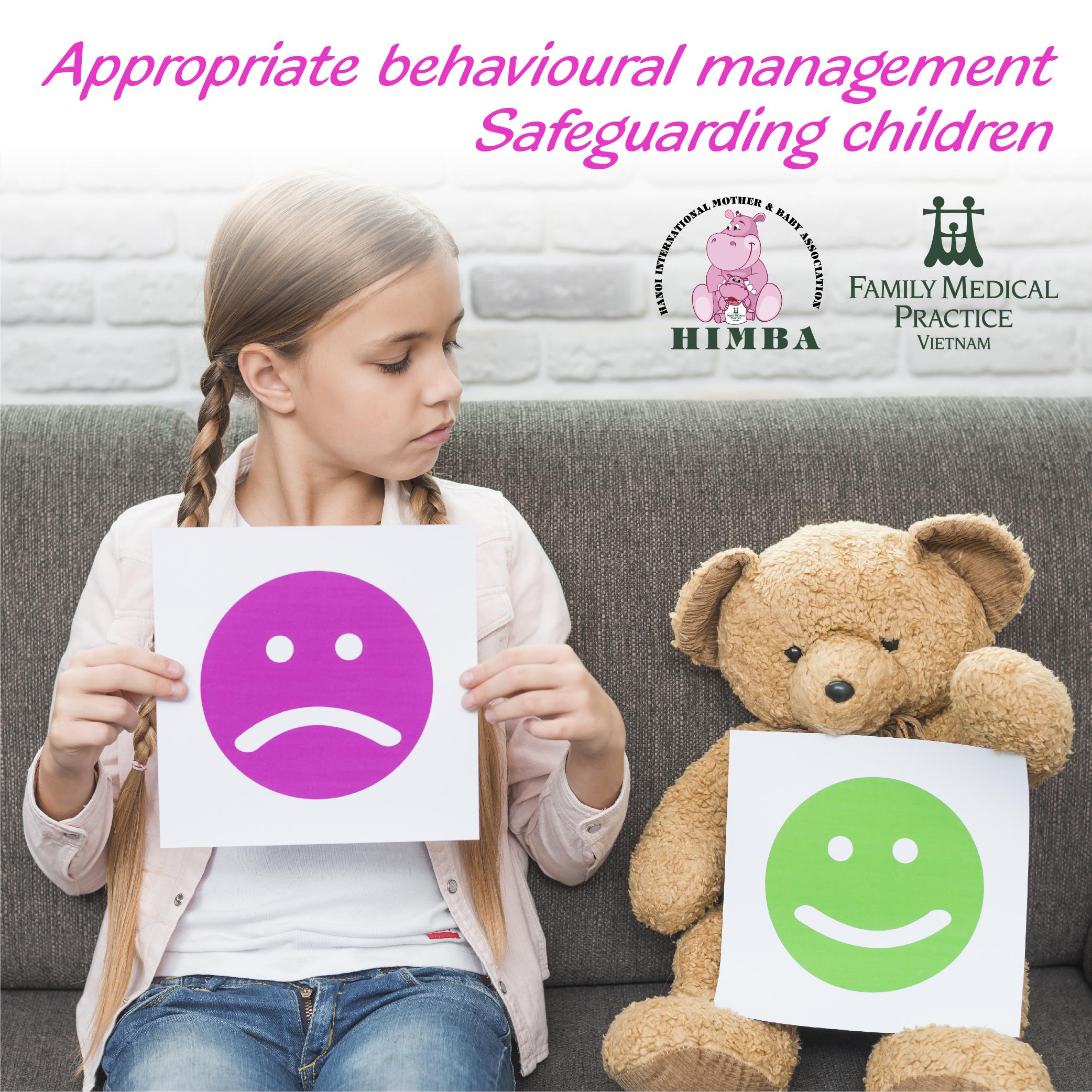[Safeguarding Children] Appropriate behavioural management

'My child is naughty' Have you heard this before? Information about how to manage child behaviour can help you understand that their behaviour can in fact, be normal, or a response to their environment.
Children learn from observing and copying behaviours. This is why punishments such as smacking or raising your voice at your child will result in children thinking this behavior is ok and copying - making your parenting journey harder rather than easier. This also affects childrens emotional development and relationships.
Set good examples and be a role model for your child:
- Create boundaries and rules: Children need structure that is consistent and simple. It is normal for children to test the boundaries- it is part of their development and makes them feel safe.
- Communication: listen to your child and understand their needs. Talk to them about what behavior your expect when they are calm, including the rewards and consequences of their behaviour. If they are frustrated or angry ask them why, showing sympathy and love.
-Positive parenting: praise your child for the good behaviours- show plenty of attention for these. They are more likely to do these acts again if they gained a lot of your attention.
-Parent Expectations and your Child's developmental stage: Toddlers struggle to control their emotions and with every age there are limitations to what children can understand and manage. For example some young children need to learn to control the volume and pitch of their voice- so when you think they are shouting it may not be on purpose. Understanding what is normal will help you as parents to know they are not purposefully 'naughty' but need to be better understood and softly guided to learn further skills.
-Child health and development: certain behaviours, such as biting, may be due to the oral stage of development which means babies explore through their mouth. Distracting with a calm activity and clearly telling them, when they are calm, that 'biting hurts please dont do that' is good management. Furthermore, some children may have a medical condition or a speech/ hearing difficulty which is causing frustration and issues with understanding your directions. Consider this and see a professional to address this.
-Consequences: ignoring, distraction, delay of priviledge and time out are all techniques that can be applied to different situations. For e.g if a bad behaviour is shown- distract with a positive act or ignore it if safe to do so. If no attention (negative or positive) is recieved children are less likely to do it again. Time out always needs to be in a safe, boring space. Time is usually directly matching age, i.e 2 minutes for two year old, 3mins for 3 year old. This gives your child time to regulate their behaviour... and you!
- Give clear directions: 'stop it' 'dont do that' these short phrases do not clearly explain why and children may get frustrated by frequent commands. 'please can you hold my hand crossing the road so we can get across safely' gives your child more context. Children need to understand why and also try getting them involved in decision making i.e 'please get yourself dressed, would you like to wear your blue or red jumper?' Small choices gives them empowerment and independence and they are less likely to resist your instruction.
Follow a step-by-step process each time you see negative behaviour, such as:
- Identify the behaviour
- Give warning to your child
- Give consequence
- Tell them why
- Go back to positive communication and move on.
Last of all... get support from friends and family. Read well evidenced books and resources and look after your own emotional health as this directly relates to your child(rens) behaviour and emotions too.
Resources:
https://www.cdc.gov/parents/essentials/index.html
https://ihv.org.uk/wp-content/uploads/2015/10/27-PT_Difficult-Behaviour_V4.pdf
https://learning.nspcc.org.uk/research-resources/leaflets/positive-parenting
https://www.zerotothree.org/resources/2198-nine-elements-that-power-positive-parenting
https://raisingchildren.net.au/toddlers/behaviour/behaviour-management-tips-tools
Author: Abigail Laurie Registered Midwife and Registered Specialist Public Health Nurse, United Kingdom.
 We use cookies on this website to enhance your user experience
We use cookies on this website to enhance your user experience